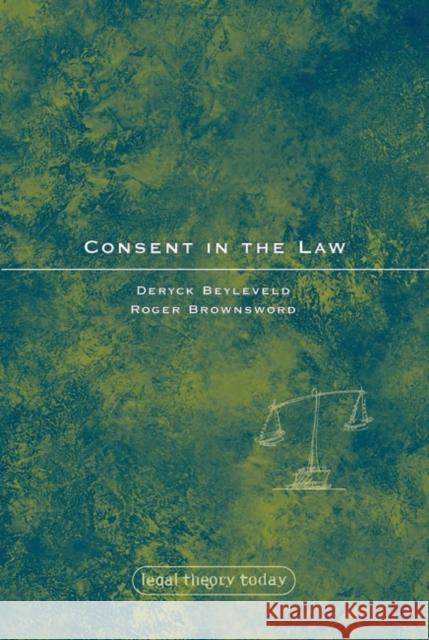Consent in the Law » książka
Consent in the Law
ISBN-13: 9781841136790 / Angielski / Twarda / 2007 / 406 str.
Consent features pervasively in both moral and legal discourse as a justifying reason. Stated simply, where there is consent, there can be no complaint. However, without a clear appreciation of the nature of a consent-based justification, its integrity, both in principle and in practice, is liable to be compromised. This book examines the role of consent as a procedural justification, discussing the prerequisites for an adequate consent - in particular, that an agent with the relevant capacity has made an unforced and informed choice, that the consent has been clearly signaled, and that the scope of the authorization covers the act in question. The book goes on to highlight both the Fallacy of Necessity (where there is no consent, there must be a wrong) and the Fallacy of Sufficiency (where there is consent, there cannot be a wrong). Finally, the extent to which the authority of law itself rests on consent is considered. If the familiarity of consent-based justification engenders confusion and contempt, the analysis in this book acts as a corrective, identifying a range of abusive or misguided practices that variously under-value or over-value consent, that fictionalize it or that are fixated by it, and that treat it too casually or too cautiously.











